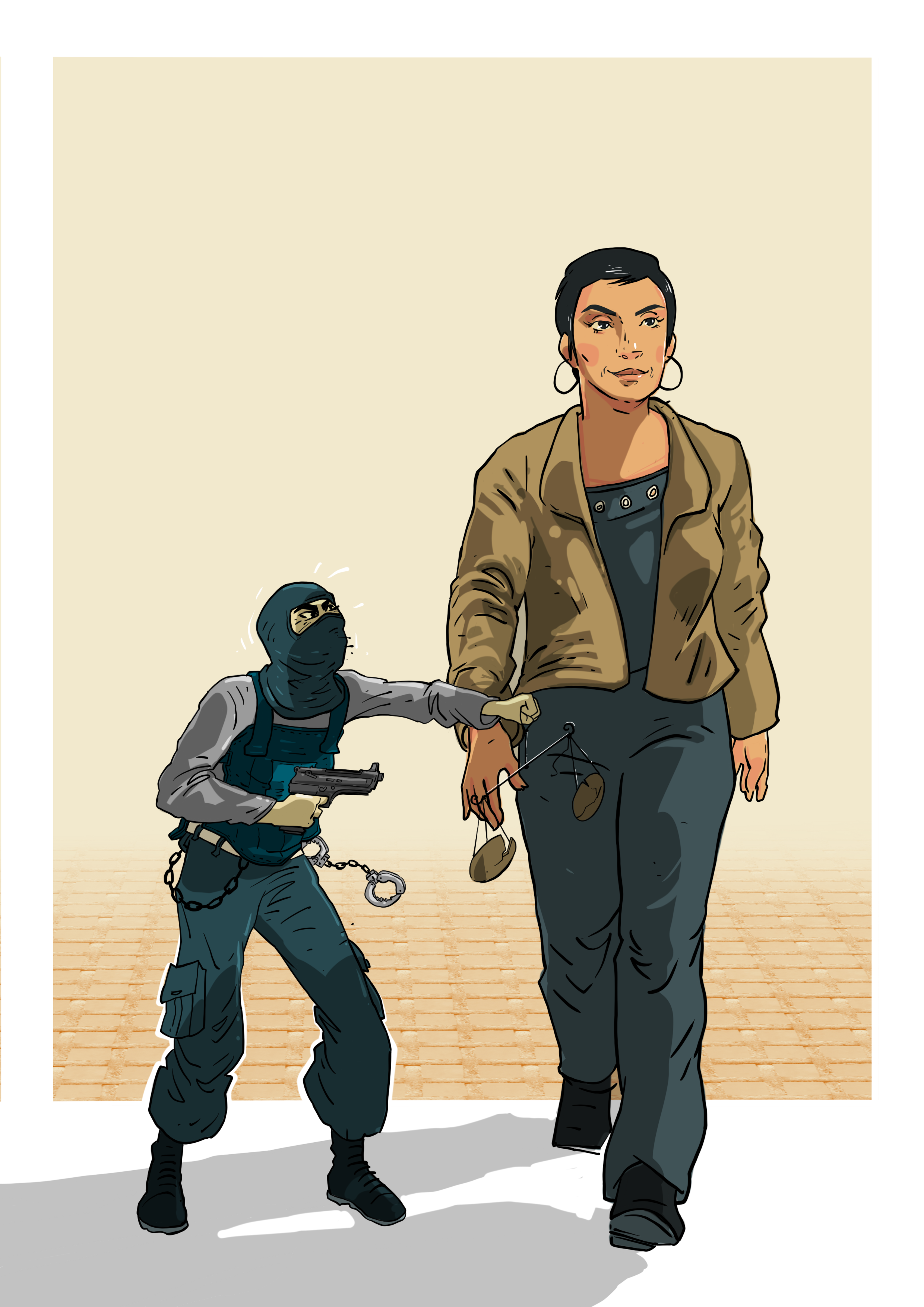The cases of lawyers Sonia Dahmani and Mehdi Zagrouba : Adala for All calls on the Tunisian authorities to respect criminal procedures and defense guarantees
The legal sector in Tunisia is facing a historic and extremely dangerous situation
Adala for All Association informs the public of its intention to send an official communication report to the United Nations Special Rapporteurs:
UN Special Rapporteur on human rights defenders
UN Special Rapporteur on the independence of judges and lawyers
UN Special Rapporteur on freedom of opinion and expression
UN Rapporteur on the human rights of migrants
UN Special Rapporteur on contemporary forms of racism
UN Special Rapporteur on torture and other cruel, inhuman, or degrading treatment or punishment
On 11 May 2024, the legal sector faced a historic and extremely dangerous situation amid an acceleration of violations in Tunisia.
Security services stormed Tunisia’s Bar Association headquarters to arrest lawyer Sonia Dahmani following her recent statements to the media.
On 13 May 2024, Tunisia’s Bar Association headquarters was raided for the second time in less than 72 hours, and lawyer Mehdi Zagrouba was arrested in a brutal and terrifying manner, with security forces drawing their weapons unnecessarily and under no security threat.
Dahmani’s disagreement of opinion with the President of the Republic led to her prosecution
In recent months, numerous critical voices, including journalists, media professionals, and human rights activists opposing the country’s public policy, especially regarding irregular migration, continue to face multiple and accelerated judicial prosecution and arrests.
Those critical voices face charges of “intentionally using media platforms... to disseminate false information with the aim of defaming or harming public security,” under the provisions of Presidential Decree 54.
Adala for All (AFA) strongly condemns all violations on the legal procedures, and calls on Tunisian authorities to respect the law and release the lawyers, journalists, and all those whose rights to a fair trial have been violated.
Lawyer Sonia Dahmani was referred for investigation for expressing an opinion on a talk show, saying, “this country is not an extraordinary place to live in.” Dahmani’s referral came with record speed to the extent that an arrest warrant was issued against her before she was summoned. In a dangerous historical precedent, security forces stormed the bar association headquarters, without any respect to the legal procedures, and hooded police officers arrested Dahmani, after assaulting lawyers, journalists, and civil society activists who were present. The investigative judge issued a detention warrant against Dahmani without questioning her, or even hearing the defense. Dahmani’s disagreement of opinion with the President of the Republic led to her prosecution. Dahmani refuted the racist conspiracy theory “Great Replacement,” spread by the President of the Republic, claiming, “There is a conspiracy to change the demographics and Arab-Islamic identity of the Tunisian country.”
Regardless of the content of the statements, AFA considers that lawyer Sonia Dahmani expressed an opinion and did not commit any crime, since she did not spread false news or rumors or incite hatred. Rather, Dahmani bravely confronted a racist theory that incites hatred against irregular migrants fleeing poverty and war. AFA affirms that these violations are an exploitation of the judiciary, after it was subjugated in favor of the existing regime, since the coup against the Tunisian Constitution on 25 July 2021, and the continuous systematic targeting of the independence of the judiciary. This encroachment began with the dissolution of the Supreme Judicial Council, the harassment of judges, the enactment of decrees outside the guarantees of a fair trial, fair and transparent procedures, and the suppression of constitutionally guaranteed freedom of opinion and expression.
The racist theory of Kais Said under “judicial protection”
After international condemnation, the Tunisian president claimed that he had been misunderstood, but his supporters, including pro-state media and activists, continue to uphold this inciting theory with the blessing of the existing regime. This is evidenced by the fact that the racist theory has been under “judicial protection,” after the judiciary became an extension of the executive authority, despite the fact that this is a blatant violation of the right to non-discrimination.
Article 26 of the International Covenant on Civil and Political Rights, ratified by the Tunisian state, condemns racial discrimination. “The law shall prohibit any discrimination and guarantee to all persons equal and effective protection against discrimination on any ground such as race, colour, sex, language, religion, political or other opinion, national or social origin, property, birth or other status.” The Republic of Tunisia ratified the International Convention on the Elimination of All Forms of Racial Discrimination.
Complete disregard to legal procedures
On the evening of 13 May 2024, the bar association headquarters faced a second violent assault with complete disregard to any legal procedures and was raided by armed security officers.
The armed security officers assaulted lawyer Mehdi Zagrouba, before dragging him and throwing him into a private transport vehicle, despite the fact he was not the subject of any previous judicial search or procedure.
The security officers smashed the interior hall of the headquarters. The Ministry of Interior and the spokesperson of the Tunisian Court of First Instance claimed that lawyer Mehdi Zagrouba was facing prosecution for assaulting security personnel, and that the state of flagrante delicto justified officers not following the normal procedures. The conditions of flagrante delicto were clearly not met.
Zagrouba’s colleagues learned that he had to be hospitalized after his arrest, which, considering his good health, indicated the torture he endured from the moment of his arrest, knowing that the security officers claimed he had assaulted their colleagues, and they had a personal enmity with him.
According to Zagrouba’s statements during the investigation on 15 May 2024, he was treated for torture during and after his arrest at Mongi Slim Hospital, but he was denied a medical certificate, even after insisting on requesting one. He was subsequently transferred to the headquarters of the Second Central unit of the National Guard in Aouina. There, he was repeatedly subjected to brutal and inhumane torture, including severe physical violence on various parts of his body and sexual assault. He gave all the details and the names of some of the officers who tortured him and stripped him naked, after tearing his clothes before the investigation and degrading him with insults, humiliation, and verbal violence.
Despite the investigating judge’s examination of the marks on Mehdi Zagrouba’s body and clothing, the defense’s request for an immediate forensic medical examination was refused. The defense brought the matter to the attention of the Public Prosecution, but it also refused the request for an examination through its representative. The Public Prosecutions’ refusal of an examination is unexplained and suspicious, as its representative should have initiated an investigation for torture after these examinations, since it is the guardian of public rights, and ensures that every crime or suspicion, and in particular suspicions of torture under national and international law, is prosecuted. This raises the question of the seriousness of the authorities in dealing with the case of Mehdi Zagrouba and the extent to which they committed the crime of failing to provide legal aid to a person in a serious state of health and continuing the crimes of ill-treatment and torture.
Adala for All Association condemns all these systematic and serious violations against the Tunisian constitution and laws and international conventions ratified by the Tunisian state.These violations represent a continuation of a wave of targeting, harassment, and intimidation of lawyers, journalists, bloggers, and politicians by using the judiciary and security forces to suppress any opinion or opposition against the regime.
RECOMMANDATIONS OF ADALA FOR ALL ASSOCIATION
Return to constitutional democracy in accordance with the decision of the African Court on Human and Peoples’ Rights No. 17/2021, repeal all texts violating human rights, and refrain from the repressive practices and torture that have characterized the performance of the Tunisian authorities recently.
Respect criminal procedures and defense guarantees by the Tunisian authorities.
Respect the independence of the counsel, the press and the judiciary.
Refrain from employing and implicating the Tunisian security and state apparatus for authoritarian political ends.
Honor the demands of the 2011 Revolution of Freedom and Dignity and those who sacrificed their lives for it, and the right of the Tunisian people to a democratic state in which the state provides development and prosperity and respects public freedoms and human dignity.



